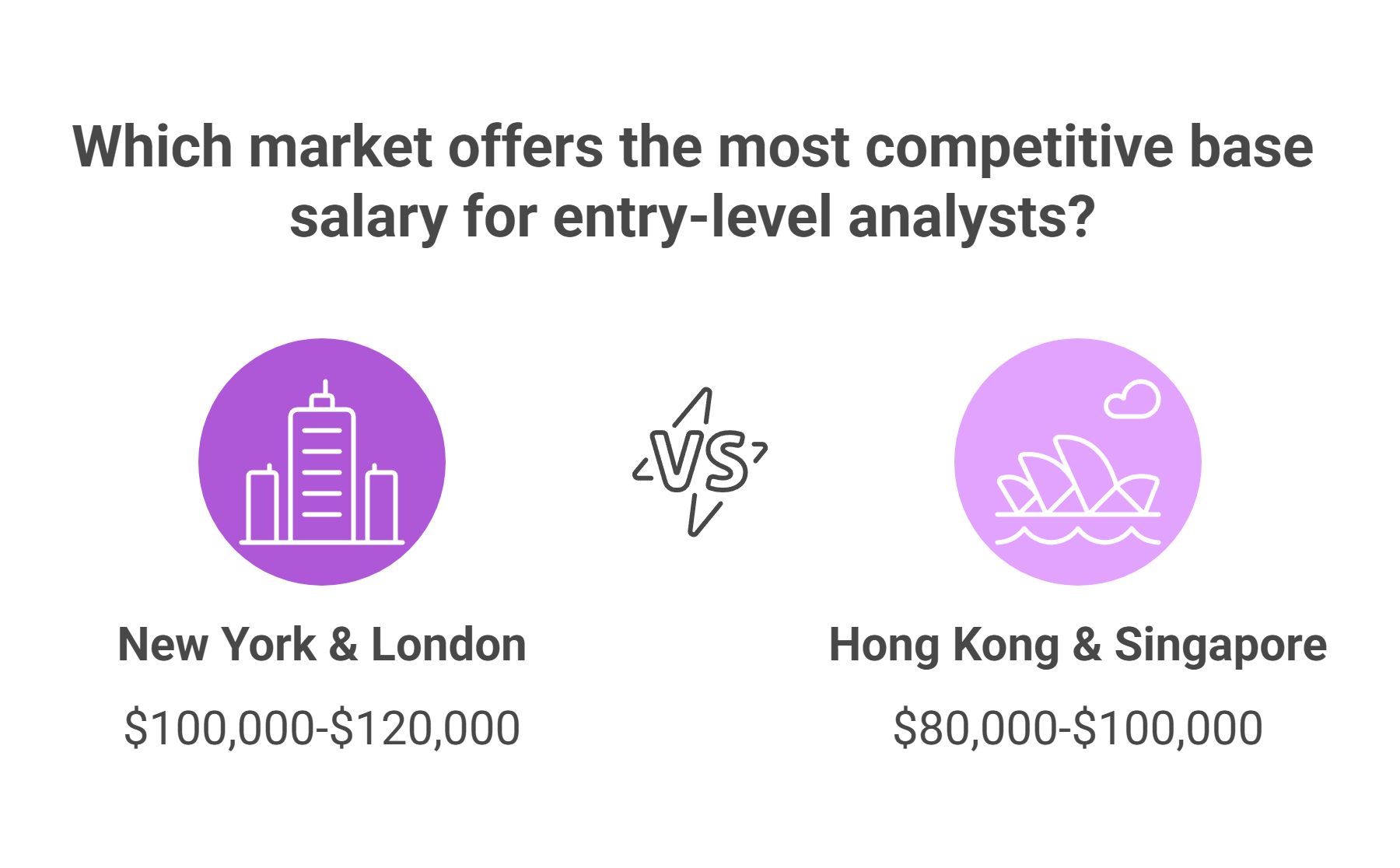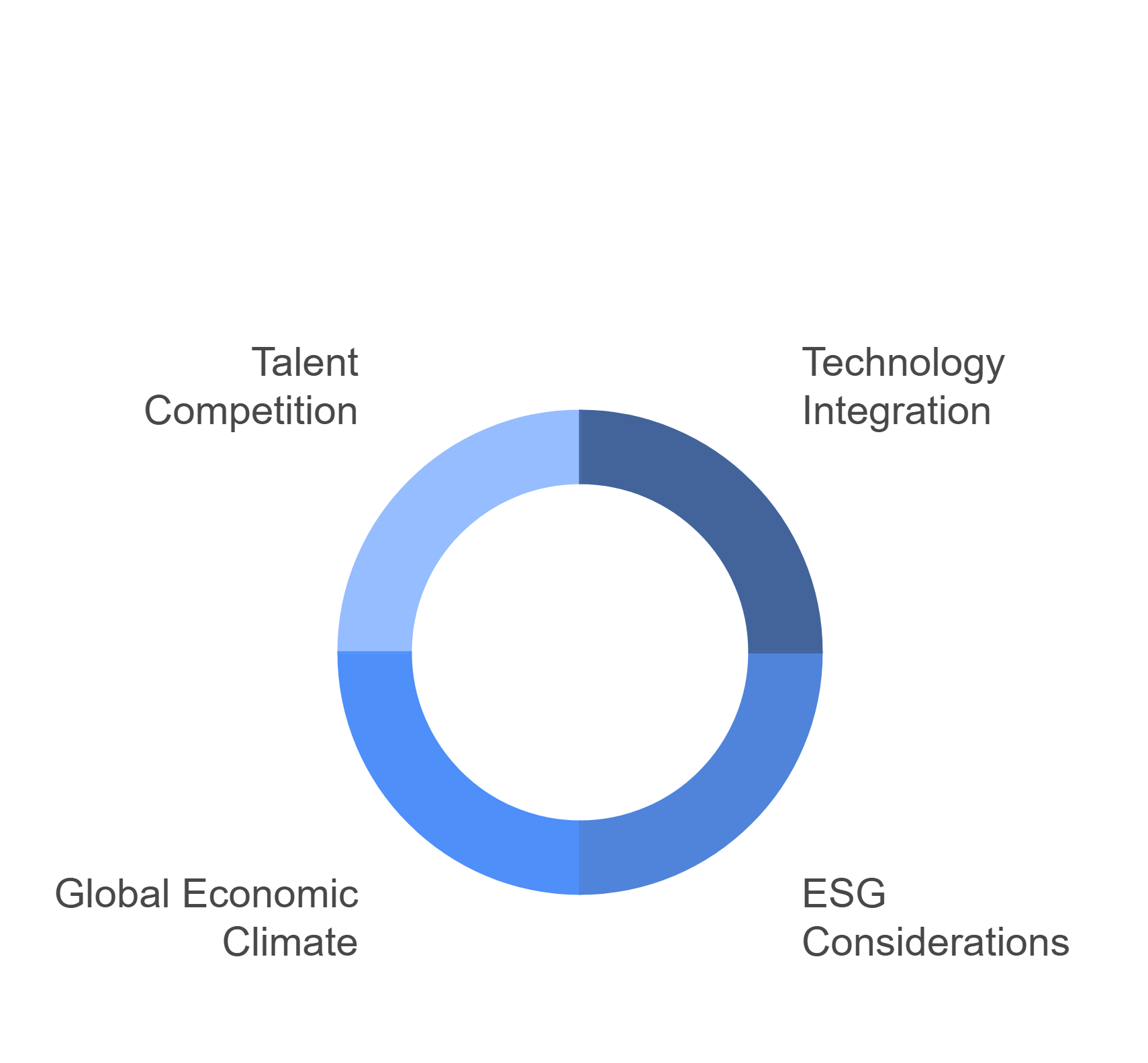The prestige of financial hubs like Wall Street, London’s City, and Hong Kong still attracts driven graduates and experienced professionals in droves. But what kind of compensation does the demanding world of investment banking offer in 2025? It’s a nuanced picture—shaped by global economic trends, shifting regulatory frameworks, and the constant balancing act between risk and return. Let’s explore the complexities of investment banking salaries around the world.
The Base Salary: A Shifting Foundation
Base salaries, the bedrock of any compensation package, have seen interesting adjustments in recent years. Gone are the days of automatically expecting a hefty six-figure sum upon joining a bulge bracket firm. While competitive, base salaries now reflect a greater emphasis on performance-based bonuses and the specific skillset a candidate brings. A recent survey by [insert credible source, e.g., Wall Street Oasis] indicates that entry-level analyst base salaries in New York hover around $100,000-$120,000, a figure echoed in London. However, Asian markets, particularly Hong Kong and Singapore, show a slightly lower range, often between $80,000-$100,000, potentially reflecting a lower cost of living in certain areas.

The Bonus Beast: Where Fortunes Are Made (and Lost)
The true heartbeat of investment banking compensation lies in the bonus. This is where the high-stakes nature of the industry truly shines through. Performance is paramount. A successful deal can translate into a bonus exceeding the base salary, sometimes significantly. Conversely, a dry spell can lead to a lean bonus season, a stark reminder of the industry’s inherent volatility. This year, we’re seeing an increased focus on rewarding specific skills, like expertise in tech M&A or sustainable finance. These niche areas command premium compensation, reflecting market demand and the scarcity of experienced professionals.
Regional Variations: Beyond New York and London
While New York and London remain the traditional powerhouses of investment banking, other financial hubs are emerging as strong competitors, impacting the salary landscape. Hong Kong, with its gateway to the burgeoning Chinese market, remains attractive, although regulatory changes and geopolitical factors introduce a layer of complexity. Singapore, recognized for its stability and robust financial regulations, is also gaining ground, often offering competitive salaries coupled with a potentially more favorable tax environment.
The Rise of Boutique Banks: A Disruptive Force
The narrative wouldn't be complete without acknowledging the role of boutique investment banks. These specialized firms, often focusing on specific sectors like technology or healthcare, are increasingly attracting top talent. They often offer a more entrepreneurial environment and, in some cases, more lucrative compensation structures, particularly for those who thrive in a smaller, more agile setting. Their impact on overall salary trends is becoming increasingly noticeable, pushing the larger banks to adapt and remain competitive.
The Future of Investment Banking Compensation
Looking ahead, the investment banking salary landscape is likely to continue evolving. The increasing integration of technology, the growing emphasis on ESG (Environmental, Social, and Governance) considerations, and the ever-shifting global economic climate will all play a role. One thing is certain: the pursuit of top talent will remain fierce, and compensation will continue to be a key battleground for attracting and retaining the best in the business.

















